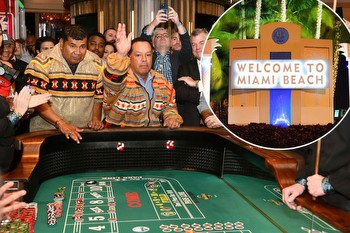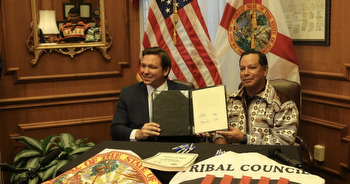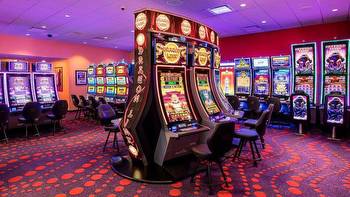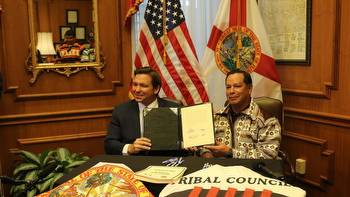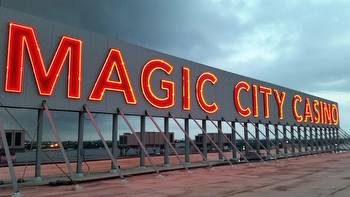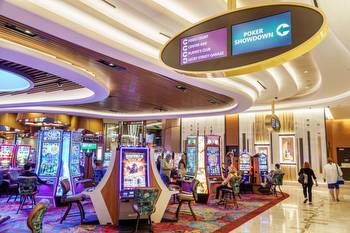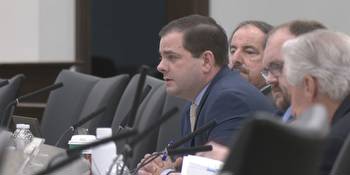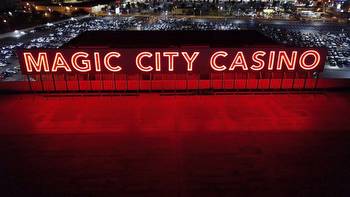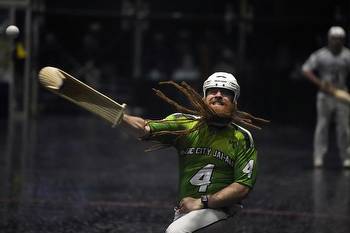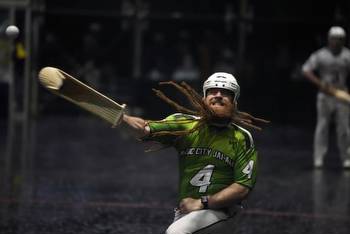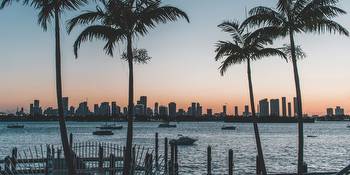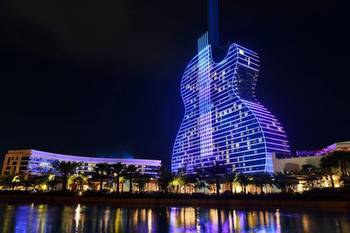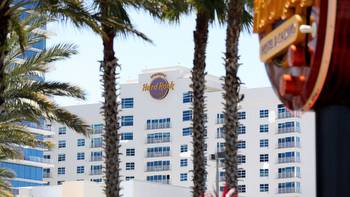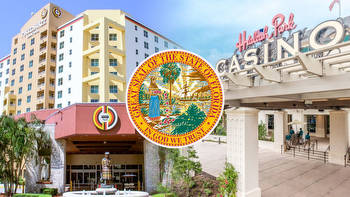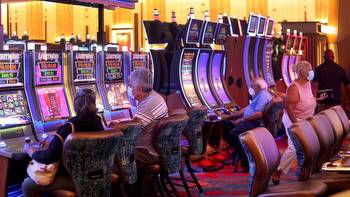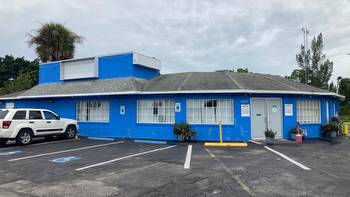Havenick Family Finalizes $96M Sale of Magic City Casino

The Havenick family’s era at Magic City Casino is officially over.
PCI Gaming Authority, an affiliate of Alabama-based Poarch Band of Creek Indians, paid $96 million for the nearly 30-acre gambling site at 450 Northwest 37th Avenue, according to records and Vizzda. The deal is part of PCI’s acquisition of Magic City Casino’s operations, inventory, and state gambling license, pegged at $600 million, according to published reports.
West Flagler Associates, a Havenick entity, sold the casino following the family’s ownership of more than 71 years. This month, the Florida Gaming Control Commission signed off on the sale and transfer of the gambling license to the Native American tribe.
PCI owns and operates gambling sites in Florida and other states, including the Sands Casino Resort in Las Vegas. The tribe is considering developing a luxury resort, shopping centers and attractions on the Magic City Casino property, published reports state.
The casino was originally known as Flagler Dog Track, and ran greyhound races under its initial gambling permit issued in 1935. The Havenicks bought the parimutuel facility 16 years later.
In 2004, Florida granted approval to parimutuel sites, including Flagler, to use their permits for slot machines and card games. The Havenicks added more than 800 slot machines, renamed the property Magic City Casino, and in 2020, stopped hosting dog races. In recent years, Magic City Casino added jai alai matches.
Family entity West Flagler, led by Isadore Havenick, hasn’t completely abandoned the gambling industry. It still owns Casino Miami, a gambling facility near Miami International Airport that also has jai alai, slot machines and card games. The Havenicks also have a gambling permit to operate a summer jai alai fronton and poker room on a property at 3030 Biscayne Boulevard in Miami’s Edgewater neighborhood owned by Crescent Heights, the development firm led by Russell Galbut.
In 2021, the Havenicks and the city of Miami settled a federal lawsuit challenging a resolution banning gambling facilities in Edgewater. The city commission rescinded the legislation in exchange for the Havenicks agreeing that they would not place slot machines in the proposed parimutuel and poker site.
Meanwhile, other efforts to expand gambling in South Florida have fizzled. In 2021, Aventura-based developer Jeffrey Soffer and former President Donald Trump failed to convince state legislators to consider allowing casino games at a pair of signature properties in Miami-Dade County.
Soffer wanted to transfer the license from his Big Easy Casino in Hallandale Beach to his Fontainebleau Miami Beach resort. And the Trump organization sought a way to obtain a license for the Trump National Doral Miami golf resort. The cities of Doral and Miami Beach also passed prohibitions against gambling establishments.








